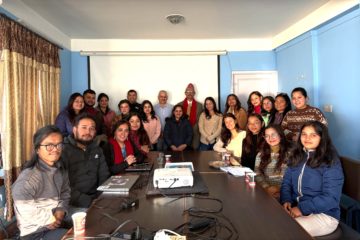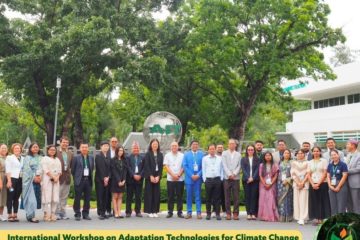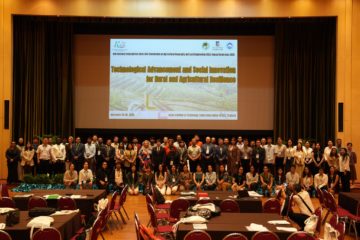Dr.Nophea Sasaki (NRM) presented a presentation on “Technology Implementation for Smart Agriculture as a Case Study for Reforestation and Aquaculture.”
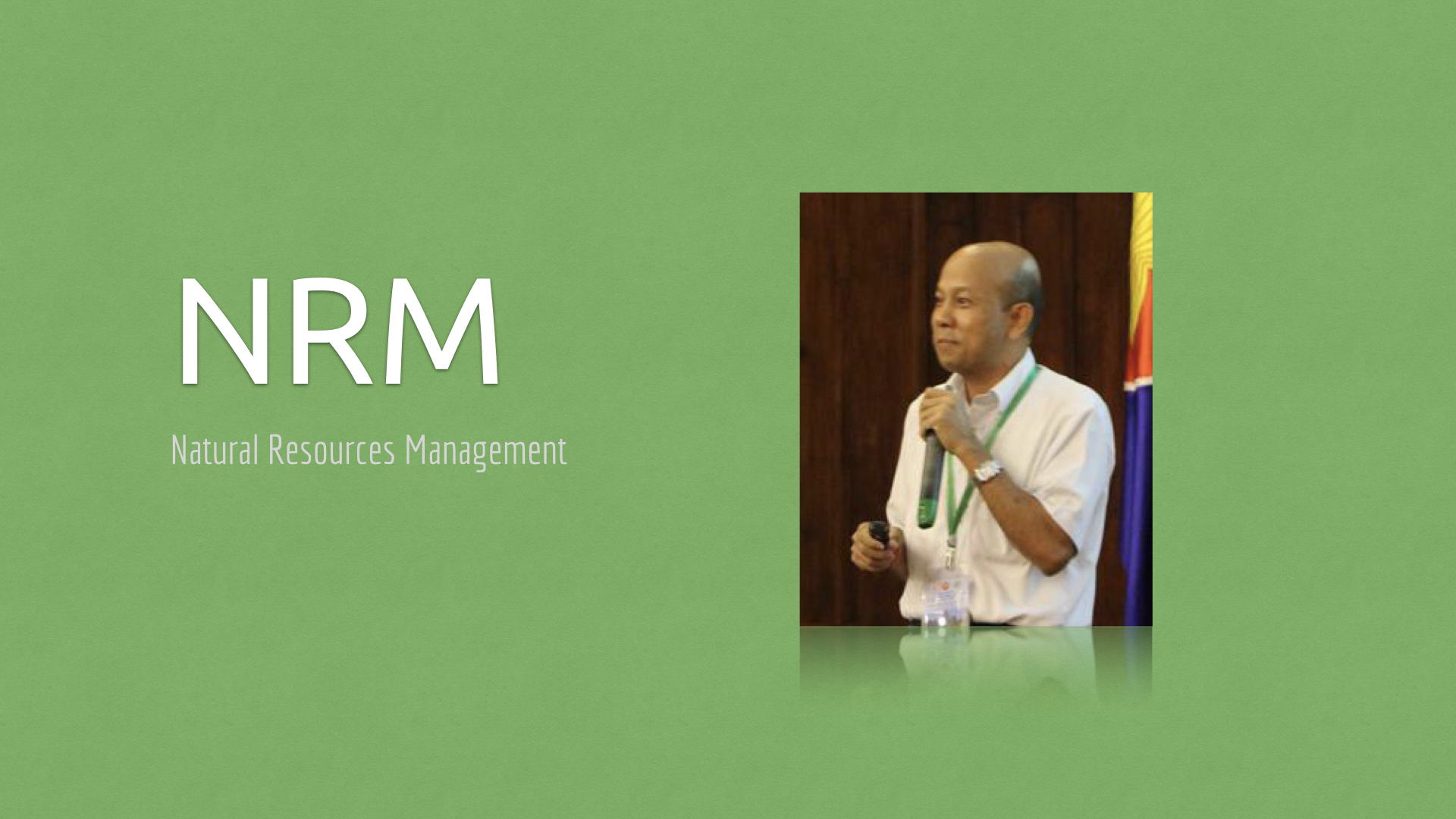
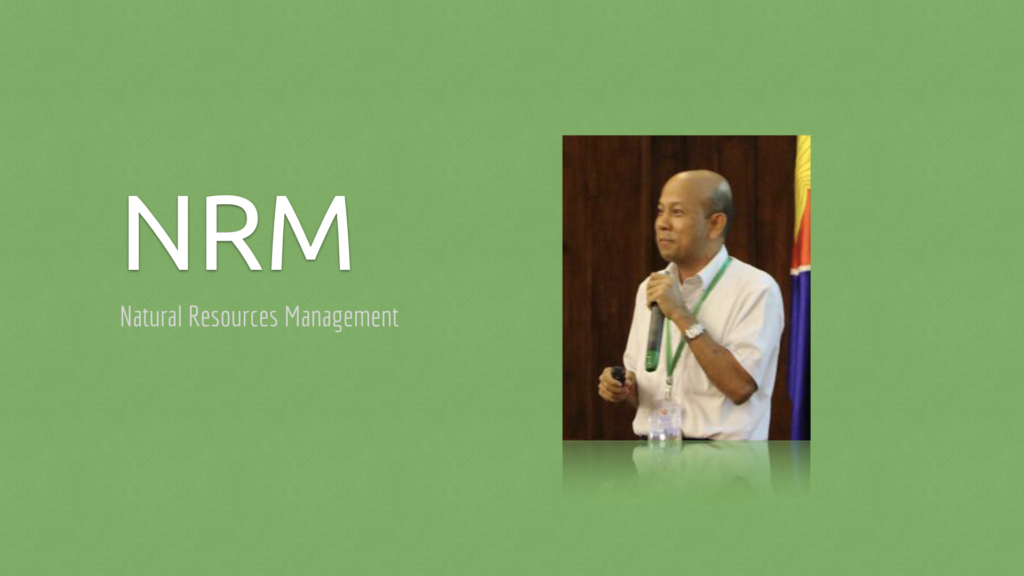
Dr. Nophea Sasaki (NRM Faculty) presented a presentation on “Technology Implementation for Smart Agriculture as a Case Study for Reforestation and Aquaculture.”
Speaking at the presentation of Dr. Nophea Sasaki, today, we release 40 billion tons of carbon per year, with about 2 billion acres of global food shortages that lead to this problem and a lack of data. Every year, 15 billion trees are destroyed by human and natural causes. Restoring Forests and Conservation in the Tropics, we lost 13 million hectares of forest in the last 30 years.
World leaders aim to restore 350 hectares of forests by 2030, where 1 hectare of restored forest can store 100 to 500 tons of carbon in 20 years.
Why is it necessary to rehabilitate the forest? Natural climate solutions are one of the top 10 reduction strategies with many benefits. The use of technological innovations for cultivation of 14 enterprises has been implemented. It can be used to restore forests with the development of large data storage technologies.
For example, the biogas engineering company created in 2014, originally planned to be in 2017 in Australia and nine projects in Burma and elsewhere in 2018, expanded to the United States and many other countries.

Dr. Nophea Sakasi has shown that there are three stages of planting trees: (1) map planning, (2) planting, (3) rudimentary monitoring. Data collection can enhance and enhance the possibilities and knowledge The data obtained from the monitoring and mapping phases can be merged by a machine that can analyze data before planting another message. This large data is transparent where one tree locates and tracks its growth and output.
Why do we have to use technology?
– In Japan, Umitron reduces the waste in the fishing industry
– In China, Meicai connects farmers’ products to local restaurants in China, and And Forest has planted trees over the web using smart phones and is real.
At the end of the program, Dr. Nelson Sakasa said that technology was more accessible to forestry and smart farming. The crackdown is something that is in short supply.
Tuesday 14th of January, the month of Ramadan, 2562 on March 19, 2019, the International Workshop on “Opportunities for the development of low carbon projects through a carbon project”.




This article was originally published in The Royal Academy Cambodia
